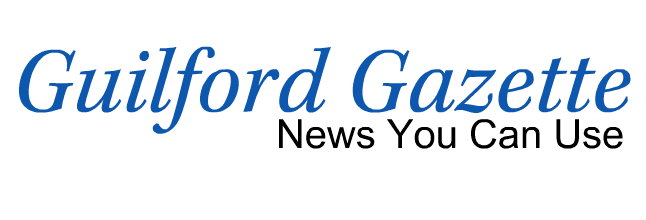
But he told the House Energy and Commerce Committee that he didn’t support such regulation.
“The internet is growing in importance around the world in people’s lives,” Zuckerberg said. “I think it’s inevitable that there will be some regulation.”
Despite this concession, Zuckerberg warned that regulations hinder the natural competition among social media platforms.
“My position is not that there should be no regulation,” he told lawmakers. “I think a lot of times regulation puts in place rules that a large company like ours can easily comply with, but that small start-ups can’t.”
Nevertheless, Rep. Frank Pallone, D-New Jersey, said he was “happy to hear Mr. Zuckerberg conceded that industry needs to be regulated.”
“For all the good it brings, Facebook can be a weapon for those, like Russia and Cambridge Analytica, that seek to harm us and hack our democracy,” said Pallone, the senior Democrat on the House panel.
Zuckerberg agreed.
“It’s not enough to connect people, we need to make sure those connections are positive,” he said. “It’s not enough to just give people a voice, we need to make sure people aren’t using it to harm other people or spread misinformation. It’s not enough to give people control over their information, we need to make sure the developers they share it with protect their information too.”
Zuckerberg, who created Facebook with two Harvard classmates in 2004, was asked to testify following the discovery of user privacy violations by Cambridge University professor Aleksandr Kogan, who gathered and sold private user data to the British consulting firm Cambridge Analytica.
Kogan created the software app “This Is Your Digital Life,” which was downloaded by more than 300,000 users.
The app allowed users to share their Facebook data with Kogan, in addition to sharing the data of all of their Facebook friends, resulting in data from 87 million users. Kogan sold that data to the consulting firm, a group employed by the Trump presidential campaign at the time.
Alexander Tayler, the acting CEO of Cambridge Analytica, announced Wednesday he will step down from his role.
Many committee members said they were concerned with the sheer amount of data Facebook collects on them – and on individuals who do not have profiles on the platform.
“You’re tracking everyone’s online activities,” said Rep. Kathy Castor, D-Florida. “You can track what people buy…You’re tracking where we go.”
“Average social media platforms have 1,500 data points per user,” said Rep. Ben Ray Luján, D-New Mexico. “Facebook has 29,000 per user. How many points does Facebook have on” non-users, Luján asked.
Members of the committee added that they were worried other apps and developers had similar access.
“Facebook made it too easy for a single person, in this instance Aleksandr Kogan, to get extensive personal information about 87 million people,” Pallone said. “No one knows how many people have access to the Cambridge Analytica data. And no one knows how many other Cambridge Analyticas are still out there.”
Some Democrats said the political ramifications of the data breach are significant, and show a distinct bias towards the Trump campaign.
Rep. John Sarbanes, D-Towson, drew the committee’s attention to Facebook’s 2016 political campaign ads, and questioned the inherent partisanship present in the approval of the ads. When submitted to Facebook for publication, Trump’s campaign ads were approved at a rate of 90-to-1 to Clinton’s, he said.
“Facebook made itself a powerful tool for things like voter suppression in part by opening its platform to app developers with little or no oversight,” Sarbanes charged.
“At the end of the day, (the violation) was my mistake, and I’m sorry,” Zuckerberg said. “I started Facebook, I run it, and I’m responsible for what happens here…We didn’t do enough to prevent (the platform) from being used for harm.”
Following the Senate hearing Tuesday, a class action suit was filed by seven individuals who had their data misused by the social media platform against Facebook and Cambridge Analytica. The lawsuit places the blame on Facebook for allowing the personal data of 87 million people to be used during the elections.
